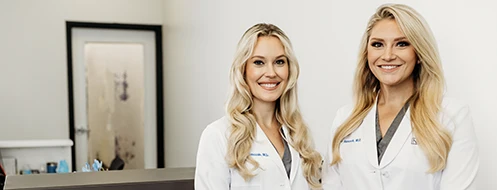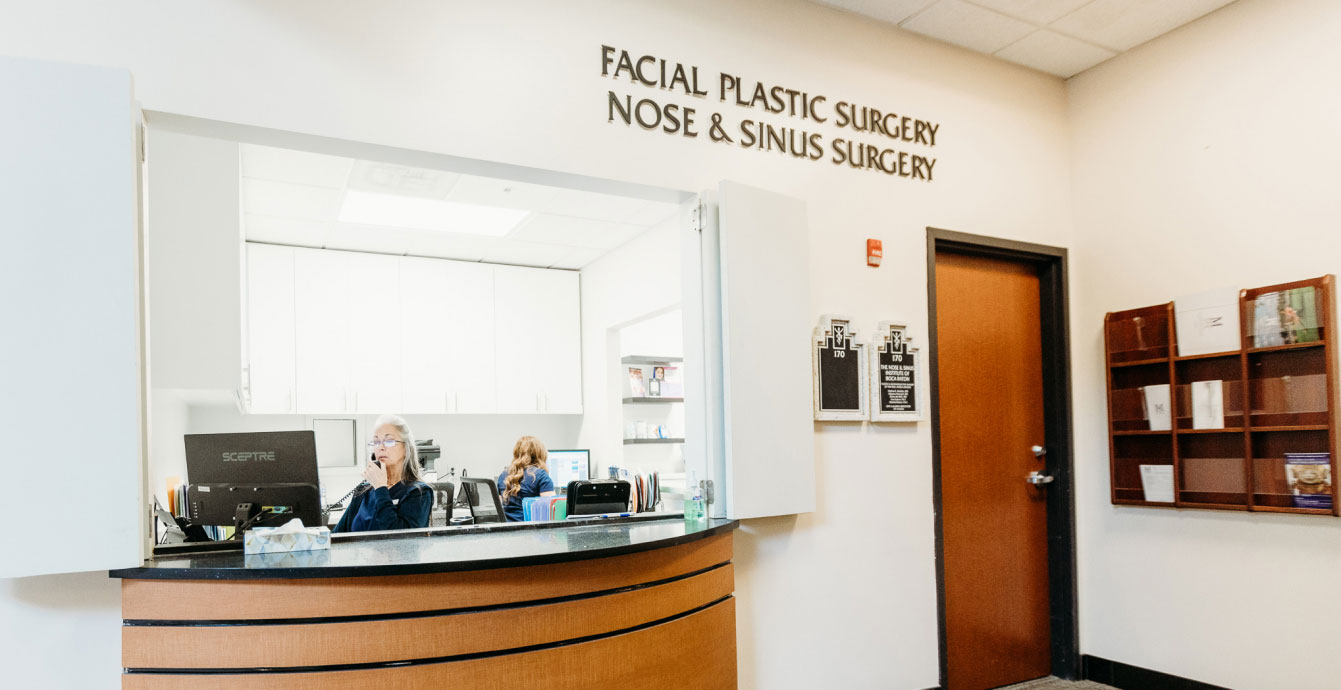


Dr. Hancock · June 23, 2025
Posted In: Botox
One of the most common questions we get at the Facial Surgery Institute of Boca Raton from patients considering Botox is: How long does Botox actually last? While Botox isn’t permanent, the good news is that with the right timing, a little upkeep, and smart care, your results can last quite a while, and perhaps even get better with time and regular treatment.For most people, Botox results typically last between 3 and 4 months, but this can vary depending on your experience with the treatment. If you’re new to Botox, your results may begin to fade closer to the 3-month mark. However, regular users often find their results last longer, sometimes 4 months or more, due to consistent care and the way Botox gradually “trains” the muscles to remain relaxed.
The specific area being treated also plays a role in how long results last. For example, Botox used on the forehead typically lasts about 3 to 4 months. With consistent Botox treatments over time, some patients even notice longer-lasting smoothness. On the other hand, Botox around the eyes, commonly used to soften crow’s feet, usually lasts about 2.5 to 3.5 months. This area tends to show signs of movement sooner since the muscles are more active when you smile or squint.
Several personal and treatment-related factors influence how long your Botox results will last. Here’s what makes a difference:
Smaller muscles like those around the eyes often break down Botox faster than larger, less active muscles in the forehead or between the brows.
Higher doses can provide longer-lasting results, especially in areas with stronger muscle movement. Your provider will customize your treatment based on your facial anatomy and goals.
If you have strong facial muscles or are very expressive, Botox may wear off more quickly. Over time, consistent treatments can help “train” these muscles to stay relaxed longer.
People with fast metabolisms, like athletes or those who are very active, might find their neurotoxin injections break down sooner than average.
Certain lifestyle habits can influence Botox longevity:
All of these can shorten your results by increasing muscle activity or degrading collagen.
Routine treatments (every 3–4 months) may result in longer-lasting effects over time. Regular Botox use can gradually weaken targeted muscles, so they don’t bounce back as quickly.
Want to keep that smooth, refreshed look as long as possible? These tips can help:
Speaking of side effects, you might be wondering: how long does Botox bruising last? If you do experience mild bruising, it usually resolves within 3 to 7 days and can be covered with makeup.
It’s time for a touch-up when you begin to notice certain changes, such as:
Most people schedule their next Botox appointment about every 3 to 4 months, though your provider may adjust this based on your goals and how your body responds.
Yes! With regular treatments, Botox can last longer and even become more effective over time. As you continue with consistent sessions, the targeted muscles gradually become conditioned. They weaken slightly with repeated treatment, meaning they don’t contract as strongly or as often, which helps reduce the return of lines. Because of this, many patients find they need less product over time to achieve the same smooth, natural-looking results. In addition, skin texture often improves, as fewer lines and more relaxed muscles lead to softer, more youthful-looking skin overall.
At FSIBR, many of our patients in Boca Raton experience the best, most lasting results by sticking to a regular Botox schedule and pairing it with a healthy lifestyle.
Whether it’s your first time or you’re a Botox regular, understanding what affects your results can help you get the most out of your treatments.
At FSIBR, we customize every Botox session to your features and lifestyle for natural-looking results that truly last. Let’s help you maintain your glow with a plan that works for you. Take the next step toward smoother, more youthful skin.
Get Expert Answers — Book Your Personal Consultation
Written by Facial Surgery Institute of Boca Raton Medical Experts
